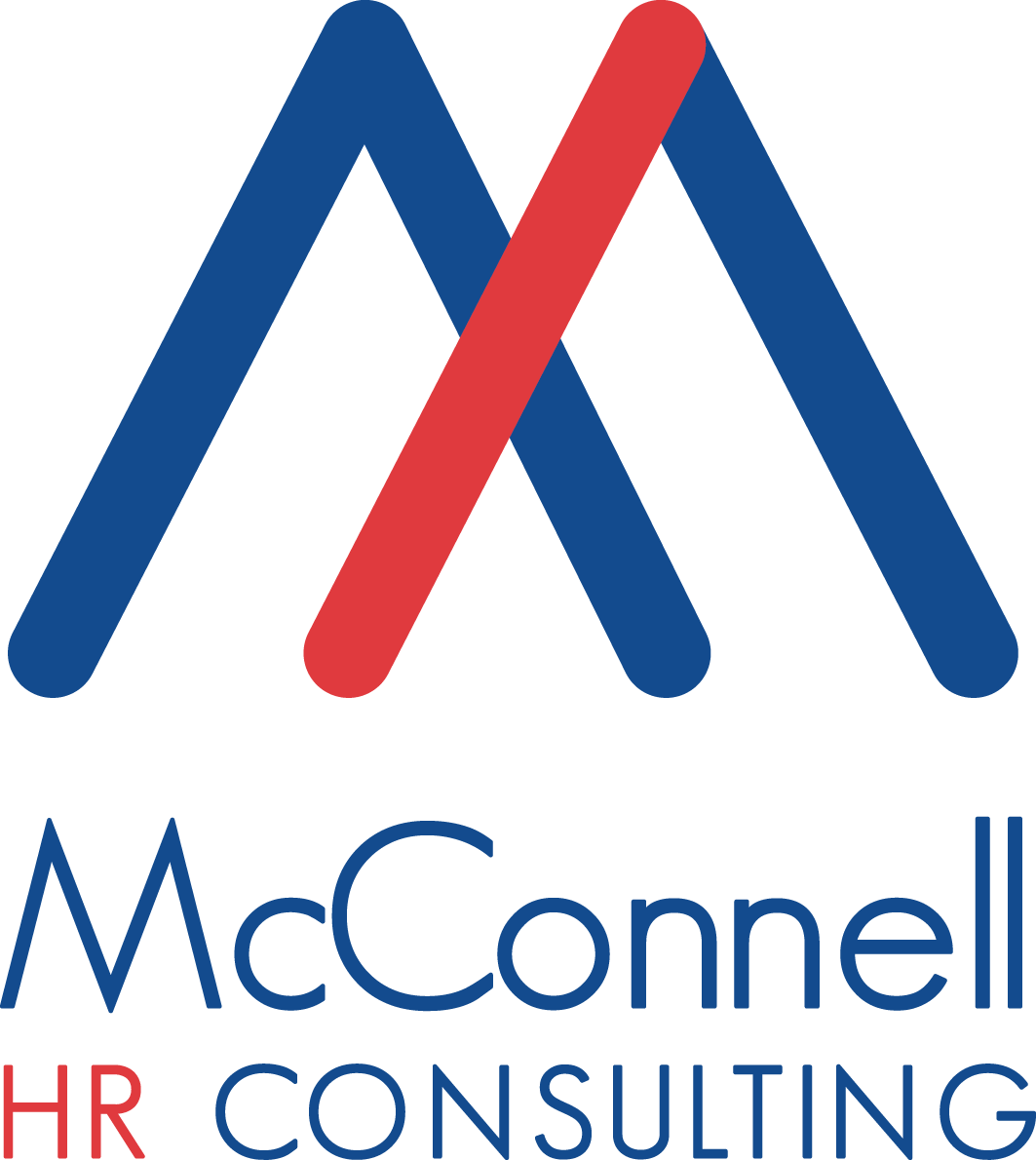Succession planning is the flexible, long term, developmental view of future management staffing.
A key aspect of overall HR Planning is having a systematic process for defining future management requirements, identifying candidates and matching this demand to supply as a basis for future planning.
“Grooming your replacement” is no longer an adequate solution to a succession policy. The challenge is not to merely replace managers and directors as they leave the organization, but to develop the best possible managers to meet the changing requirements of your organizational strategy.
A primary challenge for organizations and businesses is to continue developing broadly experienced and seasoned managers in a way that is simple, practical, meaningful and fair. This will allow you to focus on a talent pool, rather than on individual backups for key positions. It also allows for greater flexibility in preparing succession plans across departmental/functional lines.
Ideally, criteria for assessing managerial candidates and for guiding succession and development planning should be based on an analysis of key staff resources and the requirements expected of specific management positions. This is outlined in the following chart:
(Source: Walker, James S., Human Resource Planning, McGraw-Hill, New York, 1980)
Replacement Planning versus Succession Planning
There is a difference between individual ‘replacement’ planning and broader ‘succession’ planning. Replacement planning concentrates on immediate needs and a ‘snapshot’ assessment of the availability of qualified candidates for key management vacancies.
In contrast, succession planning is more concerned with longer term needs and the cultivation of a supply of qualified talent to meet those needs.
Succession planning involves a more intensive management review of job requirements, changing organizational needs, candidate information, appraisal information, and the specific developmental interests and choices of the candidates. It also calls for more systematic planning for the broadening of individuals’ career potential.

(Source: Walker, James S., Human Resource Planning, McGraw-Hill, New York, 1980)
Key Positions
Succession Planning applies not just to executives and senior management positions, but to all ‘key’ positions. Key positions are not always obvious. They are positions that have significant importance in the strategic and operational decisions that affect organizational success.
They are usually the top positions, but not always. They can be found in every department. E.g. production, sales, distribution, systems, purchasing, programs, service, membership, client liaison. Key positions should meet the following criteria:
- Performs critical tasks / actions.
- Organization would suffer if the function did not happen.
- Requires a vital specialty or expertise.
- Place in organizational structure.
- Involvement in mission-critical projects.
- Geographical uniqueness.
- Involvement in core business processes.
The following questions can be asked in order to assess and identify key positions in your organization.

Critical Success Factors
The Treasury Board of Canada Secretariat advises that successful succession plans and approaches incorporate the following factors:
- Senior executives communicate the importance of succession planning as an organizational priority and are actively involved.
- Succession planning is aligned with business plans and to the broader HR planning process, including performance, development, learning, and recruitment.
- A fair, accessible, and transparent process is used.
- Planning extends to all levels of the organization rather than just senior executive positions.
- Employees are assessed through multiple sources of data.
- Experiential learning is encouraged and is supported by coaching and evaluation of progress.
- A range of developmental activities is employed; individually tailored to address gaps in skills and competencies.
- Competencies and skills for key positions are reinforced in HR systems such as recruitment, learning, development, and performance management.
- The realization of employment equity and diversity goals is ensured.
- A good communications plan is in place.
- Managers and employees participate in workshops and information sessions to learn about the succession planning process.
- Tools that support the process are easy to use and accessible.
- The process is ongoing, monitored, evaluated, and refined.
Action Plans
Organizations need to consider their succession planning needs, create an awareness of this as a priority among Directors and managers, and introduce new ways of thinking on this subject. Specifically;
- Adopt a corporate philosophy of management development.
- Identify a Director-level corporate ‘champion’ for Succession Planning (not the Director of HR).
- Develop a Succession Planning strategy statement.
- Incorporate management development into the broader training/learning program regime.
- Systematically identify a series/program of developmental assignments and incorporate this into business and workforce planning.
- Establish an annual management succession planning and review process.
- Also called ‘management depth reviews’
- Each Director presents an analysis of their management talent supply and planned development activities.
- Collectively identify high potential succession candidates
- Examine short-term replacement availability for key positions
- Prepare long-term development plans for succession candidates
- Develop guidelines for a uniform approach to performance appraisals and the assessment of career development needs.
- Implement the required training and development programs.
- Review the process every year.
Tim McConnell, MPA, SPHR is a Senior HR Strategist with McConnell HR Consulting Inc. The firm provides Compensation, Organization Design and Human Resources Strategy advice to clients in both the public and private sectors. The firm operates in both Ottawa and New York. Tim can be reached at Tim@McConnellHRC.com.
McConnell HR Consulting Inc.
260 Hearst Way, Suite 603
Ottawa, Ontario K2L 3H1
613-836-4648
http://ca.linkedin.com/in/mcconnellhrc
www.McConnellHRC.com
Compensation Management – Organization Design – HR Strategy – HR Outsourcing

